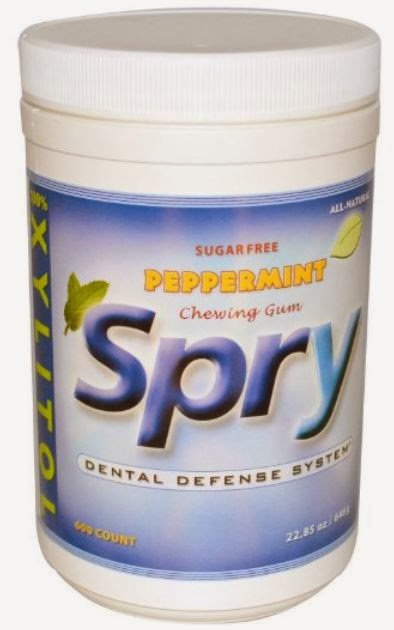Burning Mouth Syndrome is a neuropathic pain, a dysfunction of the sensory nerve pathways that supply the mouth. The dentist treats BMS symptomatically. The oral cavity shows no signs of tissue changes. Diagnosis of Burning Mouth Syndrome is by ruling out other mouth burning sensations that have a specific treatment. The discomfort and irritability
associated with Burning mouth syndrome may cause mood changes, depression, and anxiety in some patients.
The majority of mouth burning symptoms are not neuropathic but are due to mucous membrane abnormalities from many potential suspects:
The majority of mouth burning symptoms are not neuropathic but are due to mucous membrane abnormalities from many potential suspects:
- Mouth burning sensation from mechanical irritation due to ill-fitting denture
- Dry mouth
- Allergy to dental materials
- Toothpaste or other environment allergens
- Infection
- Thermal injury (burn)
- Auto-immune disease
- Burning sensation or scalding pain in the mouth including the lips in moderate to severe.
- Dry mouth
- Some patients experience metallic taste or bitter taste
- Pain is gradually intensifying
Treatment: Burning Mouth Syndrome treatment varies. Moreover can only be treated symptomatically. The most significant treatment decision lay upon the proper diagnosis of the true Burning Mouth Syndrome by distinguishing true Burning Mouth Syndrome from other mouth burning conditions. For an accurate diagnosis of Burning-Mouth-Syndrome, consults with an oral & maxillofacial pathologist in your area.
The medication most frequently prescribed is Clonazepam (in tablet or liquid mouthwash form).
The medication most frequently prescribed is Clonazepam (in tablet or liquid mouthwash form).



